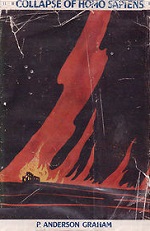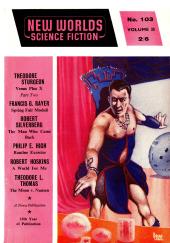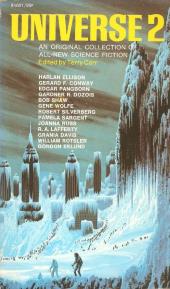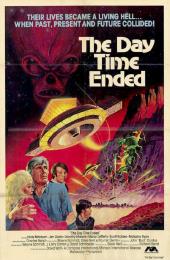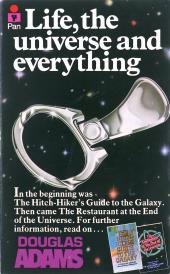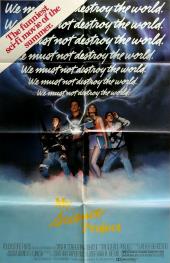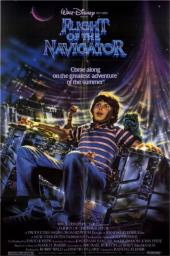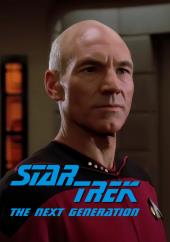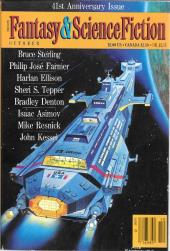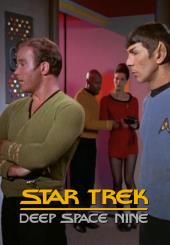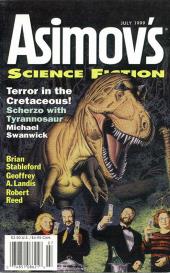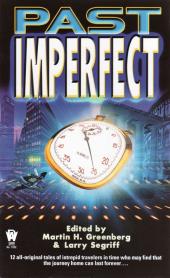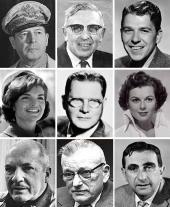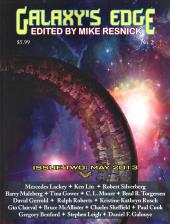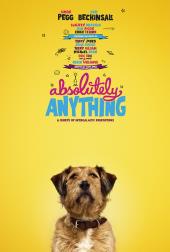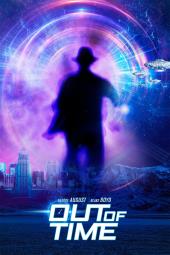Novel
The Collapse of Homo Sapiens
- by P. Anderson Graham
- (G. P. Putman’s Sons, 1923)
The narrator longs to see history develop over centuries, so when an immensely evolved Being offers to take him into the future, he agrees and is taken to a dystopian world of 2120 A.D. when mankind is on the verge of extinction. —Michael Main
After wading through years of fruitless research and encountering failures enough to make the heart sick, I accidentally got into communication with an intelligence whose home was no single sphere but the universe, one to whom human time was nought, as were also human fears, joys, sorrows and emotions. The fortunes of mankind meant no more to him that thosee of a tribe of insects, one year swarming over the earth, the next swept out of existence.
He would not let me address him in the language intercession. “I am like you,” he said, “but of a different sphere and a different power. I am not immortal; nothing is immortal. Neither the Earth, the Sun, nor the God who made them. Everything is passing away, or rather, dissolving, to be re-fashioned into other forms.”
